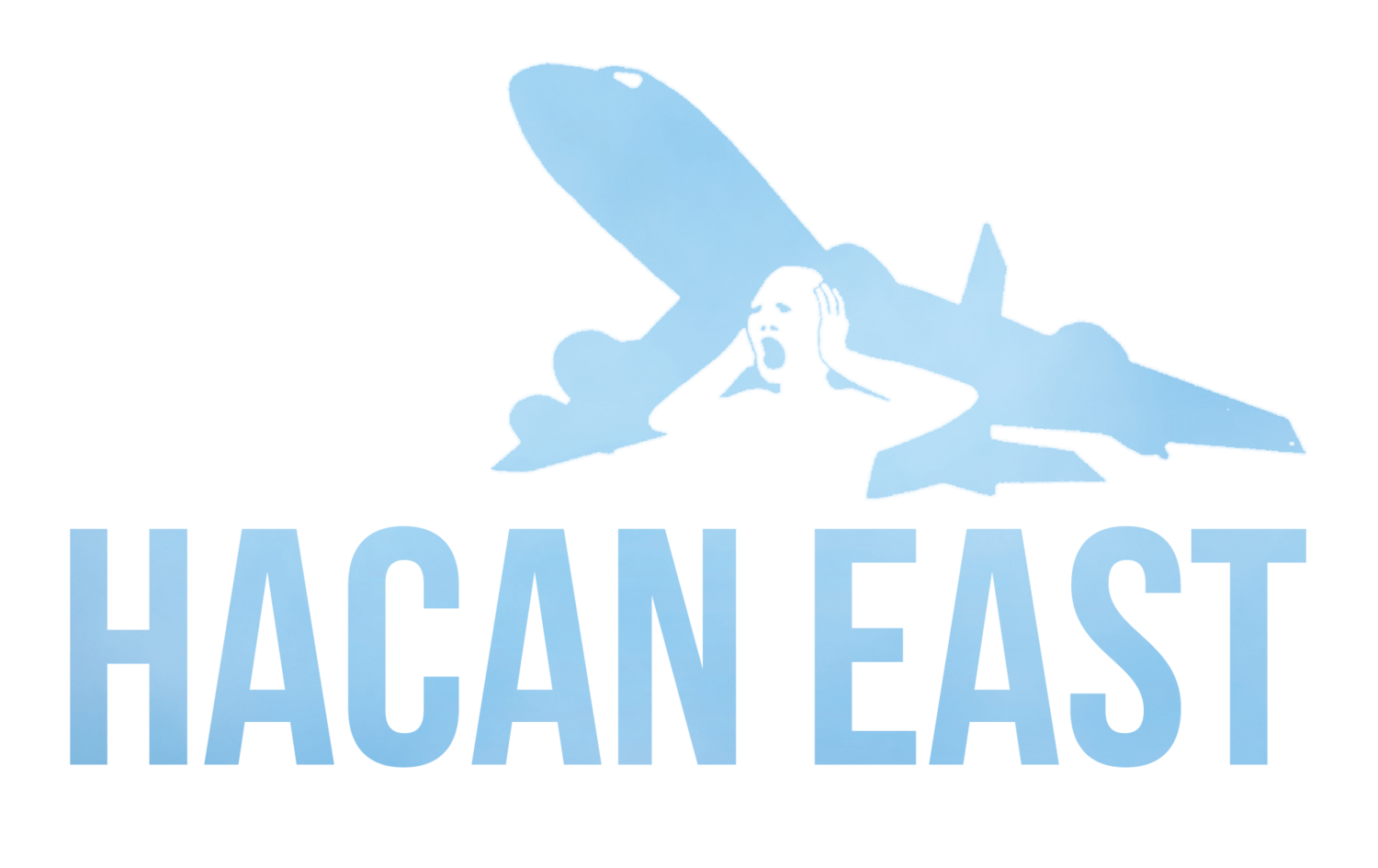There is an economic case to shut down London City Airport
Posted on August 9, 2015
“The new owners should buy it, shut it and then develop the land. It’s that simple”
The words of Alan Haughton, from Stop City Airport, in a letter published in the Evening Standard (7/8/15).
Is it that simple? City Airport is to be put on the market very soon and could be sold buy Christmas. Could it be bought and developed as something other than an airport? Should it be?
Shutting down an airport in a major capital city sounds ridiculous. But there is a case for using the land City Airport occupies for a different sort of development. The environmental case is obvious. It would cut the noise and air pollution the airport causes. But there is too an economic case.
It was spelt out in Royal Docks Revival: Replacing City Airport, a report published by the New Economics Foundation in 2014. http://s.bsd.net/nefoundation/default/page/file/195fb39e613cea6c01_ddm6bwubt.pdf
At first the argument may seem counter-intuitive. City has the highest proportion of business passengers – 62% – of any airport in the country. It whisks people from the financial and political centres of Europe – Zurich, Luxembourg, Brussels – to Docklands, The City of London and the West End quickly and efficiently.
It contributes £750 million each year to the UK economy. Sound a lot but the Excel Centre in East London, close to the airport and occupying roughly the same amount of space as the airport, contributes £1.3 billion. That suggests it might make good economic sense for the new owners to “buy it, shut it and then develop the land.”
It could work in terms of employment as well. City Airport employs the equivalent of 1,900 full-timepeople. The proposed Silvertown Quays development, just along the road, estimates it will employ 9,000. Even if that turns out to be an overestimate, the difference remains huge.
But what will happen to the passengers currently using the airport? The New Economics Foundation report found that the closure of London City would not add to the pressure to expand Heathrow or any other London airport. City only accounts for 2.4% of the traffic at the London airports which would be easily absorbed. Moreover, once Crossrail opens, City’s key catchment areas will be within about a half hour from Heathrow.
The unthinkable – closing the airport – is not just practicable but could benefit both the local and national economy.
Blog by John Stewart, 9/8/15
---------------------------------------------
HACAN East Newsletter July 2015
Posted on August 6, 2015
Please find the latest newsletter from HACAN East, the organisation which gives a voice to residents under the City Airport flight paths.
Hacaneast Newsletter July 2015 (PDF)
Inside you will find:
- News of the plans to sell City Airport;
- The latest on the proposals to concentrate the flight paths;
- News of the Public Inquiry into City’s expansion plans
---------------------------------------------
London City Airport up for sale
Posted on August 6, 2015
Press Release
6/7/15 for immediate use
London City Airport up for sale
London City Airport is to be put up for sale at the end of the year, its owners, Global Infrastructure Partners (GIP), announced yesterday. GIP is looking to get £2 billion but airport’s value could be limited by its recent failure to get planning permission for a £200m development that could increase the number of passengers it handles to 6m by 2023.
London City won planning permission for expansion from Newham Council in February, but this was then overturned by Boris Johnson, the mayor of London, the following month over noise concerns. London City is appealing against the mayor’s decision. A Public Inquiry will take place in March next year but the outcome is not likely to be known until summer next year by which time GIP hopes to have completed the sale.
GIP has always argued that expansion was essential to the future of the airport because the extra terminal and taxiway capacity would allow bigger planes needed to open up the airport to more distant destinations, such as the Gulf, the Middle East, Russia and North Africa.
Local campaign HACAN East published a report last year which argued that there would be more economic benefits to the area if the airport closed. The report by the New Economics Foundation found that the economic and employment benefits the airport brought to East London were small in comparison to other new developments in the area.
John Stewart, the chair of HACAN East, said, “When Crossrail opens Docklands and the City of London, the key business markets London City serves, will be within half an hour of Heathrow. We will be pressing developers to seize this chance to buy the airport and use the valuable land it occupies to build developments which would enhance the local economy without all the downsides of noise and pollution that the airport has brought.”
ENDS
For more information:
John Stewart on 0207 737 6641 or 07957385650
